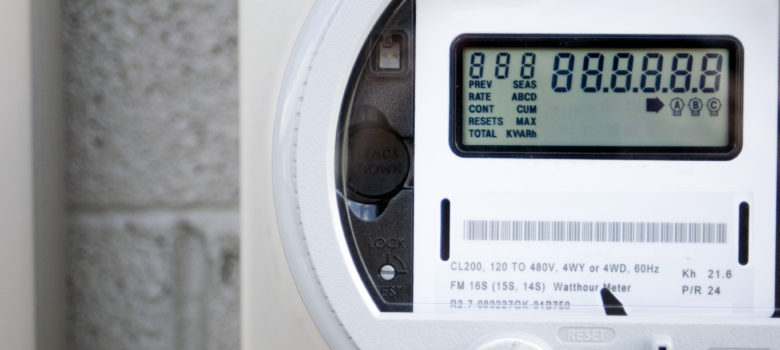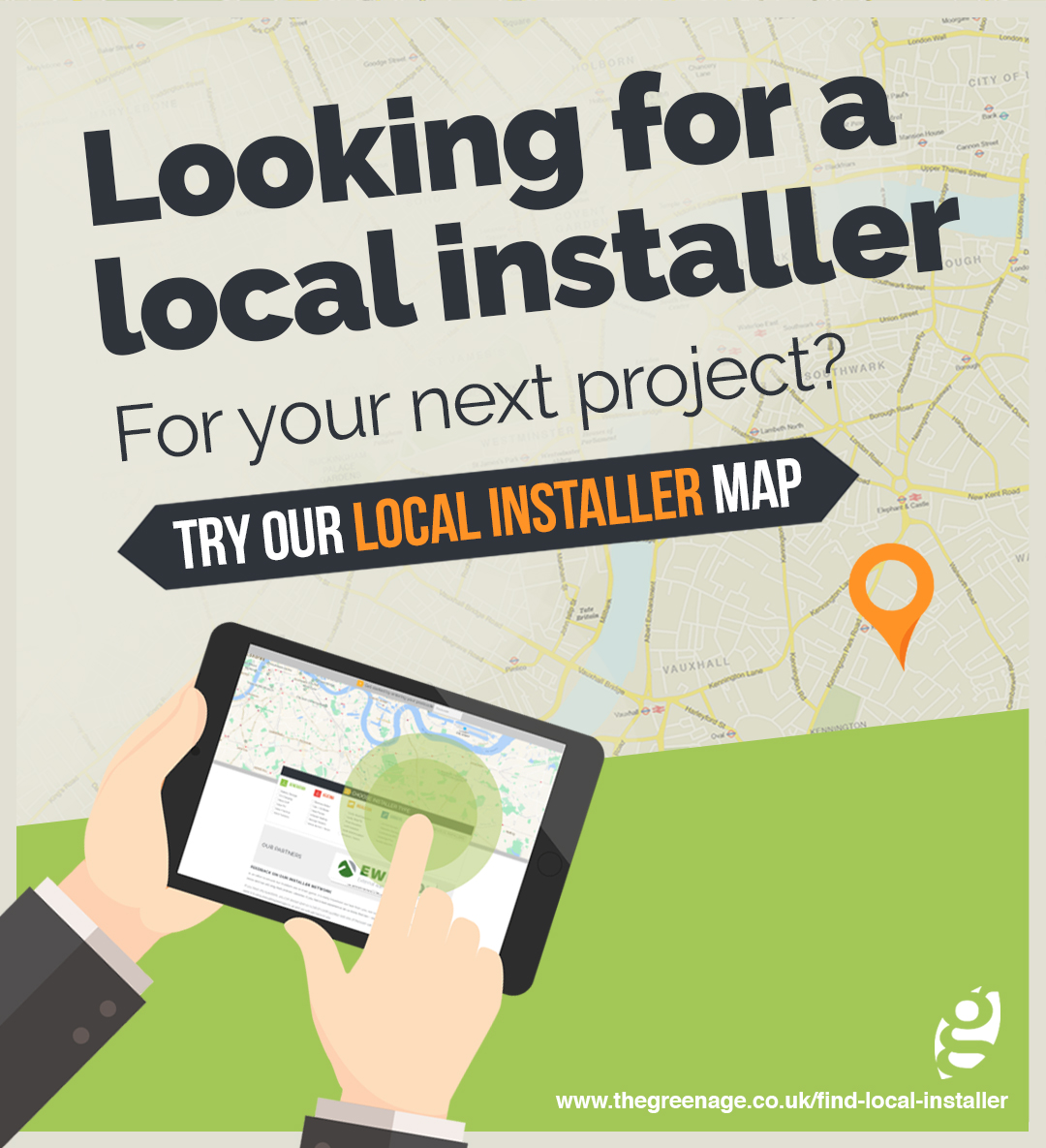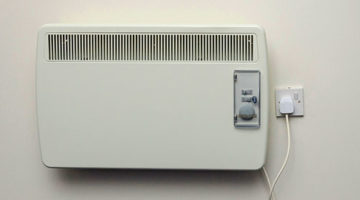
You may have heard on the radio and TV that the government is really ramping up its smart meter roll-out. To date, approximately 3.3m smart meters have been installed, but the government has plans to get them in every home by the end of 2020.
The theory behind them is sound; the meters allow the energy companies to accurately measure how much energy is being used. They therefore only bill you for what you use, meaning no more estimated readings.
Smart meters should also allow the household to better gauge their usage and therefore take energy saving actions as a result. The energy companies providing the smart meters also provide a physical unit that sits in the house (known as an In Home Display or IHD) to make checking energy usage that little bit easier.
Time of use tariffs
Smart meters actually have another advantage seldom reported – all to do with time of use tariffs. At the moment, the most complicated energy tariff available in the UK is the Economy 7 tariff, which allows people to draw electricity at two different rates depending on the time they use the electricity.
The Economy 7 tariff came about because the UK had large power plants that couldn’t be turned on and off like today’s gas plants. These tended to be nuclear and coal plants which would produce electricity 24/7, so in an effort to increase demand during the middle of the night they charged less for it.
Time of use tariffs allow the energy companies to charge for gas and electricity at several different rates during the course of one 24-hour period. In reality it could be done by the second, but more likely it would be done in hour long blocks to keep things slightly simpler, so the energy company could charge more for electricity at 6pm than 2pm, for example.
Peak demand could fall
The reason this could be a game charger is the ability to dampen peak demand – by making traditional peak demand electricity prohibitively expensive, many consumers will avoid running items at that time. What this means is that the UK won’t require as much installed capacity – so less spend on new power plant infrastructure.
Are smart meters all they’re cracked up to be?

The Government has known for years that early smart meters can lose their smartness if the customer switches supplier. Ministers merely have an ‘ambition’ to fix this by 2020. Taxpayers will be unimpressed with this situation, and timely action is needed.
It is pretty incredible that a scheme that will end up costing £11bn was rolled out with the knowledge that early smart meters will require replacing to remain functional. Our recommendation is to wait until the proper roll-out takes place in the next few months – don’t jump the gun and become and early adopter with technology that could well be redundant as soon as you swap supplier!
Think we missed something? Do you have a different opinion?
Comment below to get your voice heard…












We had a letter come through from Siemens on behalf of First Utility this week offering to provide us with electricity and gas smart meters. It is all free and they reckon they can do it in 90 mins. I think it makes sense for us to do as I assume there is somewhat in which I can then check online my energy usage so I can make sure we are not using too much and try to cut energy usage when we are. The data protection side of it worries me a little though since if someone can hack this then they will be able to see when we are using energy and when we aren’t – e.g. if we are in the house or we aren’t or likewise if we are on holiday. I wonder what you think about this? Is this a risk? Would be interesting to get your thoughts.